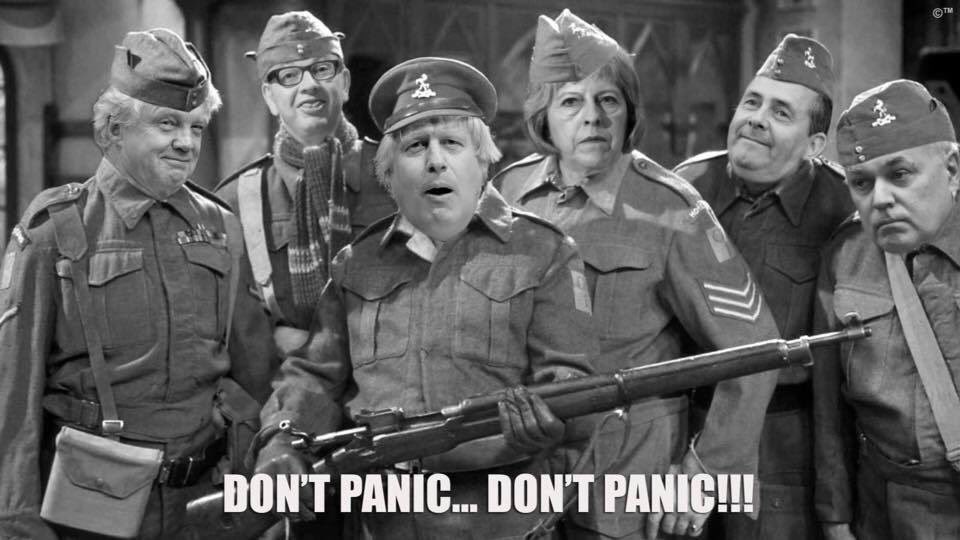Since the House pharma bill was introduced, pharma and allies have been incessant with their talking points that the bill would devastate the industry, weaken its ability to develop new drugs, and harm health. After look into it, my conclusion is: Wrong, Wrong, & Wrong.
Provide 10 million more people health insurance through the ACA
Hire 200,000 more primary care physicians.
Increase the budget of the NIH by 150%.
Increase federal funding for mental health & drug abuse by 700%
Fund 8.8 million additional housing vouchers.
Give $25,000 raise to every public school teacher.
Double the # of police officers.
Fund free college tuition for everyone.
Almost double the EITC.
Cut everyone’s federal income tax by 3%
[FINISHED]














